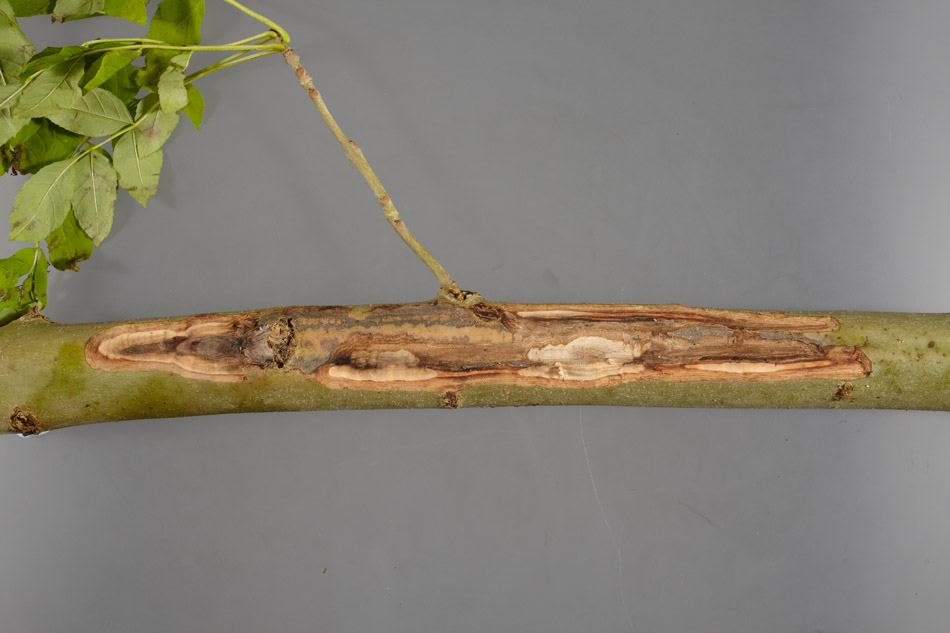
Landowners across Northern Ireland have the opportunity to put down roots in preparation for the potential impact of ash dieback.
The offer of subsidised trees comes from conservation charity the Woodland Trust and follows a well-received pilot scheme, trialled in a number of English counties last year.
The tree disease recovery packs contain 45 trees and come with tailored advice on planting. Each contains a mix of native species, specifically intended to be planted in landscapes where ash trees are likely to be lost in years to come.
Gregor Fulton, the Trust’s operations manager, said: “Sturdy hedgerows and shelterbelts, and even small woodland blocks, are part and parcel of the Northern Ireland landscape. They provide a crucial habitat for wildlife, and shelter and shade for livestock. We’re therefore concerned about the future of the ash tree, the most common tree in our hedgerows, and need to think ahead.
“The response from landowners to the pilot shows a definite desire to look after the countryside in the face of ash dieback. And we’re genuinely pleased to extend our tree pack offer to Northern Ireland. With collective efforts, we want to create resilient wooded landscapes, ideally containing a mix of trees of different species, and of different ages.”
Each tree disease recovery pack contains a mix of 45 broadleaf trees – all one-year-old whips; tree guards; and stakes. The Trust will contribute almost two-thirds of the costs, leaving the landowner to pay only £60.
The trees will be supplied as part of the Trust’s £4.5m investment in native tree stock, which ensures all trees planted by the charity and supplied to the public are of traceable UK and Ireland origins.
To apply for a Disease Recovery Pack, email the Woodland Trust at plant@woodlandtrust.org.uk Applications must be received by Friday 18 March 2016.
The Woodland Trust is also appealing for members of the public to play a part by being vigilant and reporting any symptoms of tree disease to the Department of Agriculture and Rural Development. A new web-based service, called ‘TreeCheck’, makes it easy for people throughout Ireland to report details of suspected diseased trees
